Welcome to Hooshko
My activities with international projects put me at risk of prosecution by the Taliban
I am now seeking a safe place for myself and my family, away from threats and violence
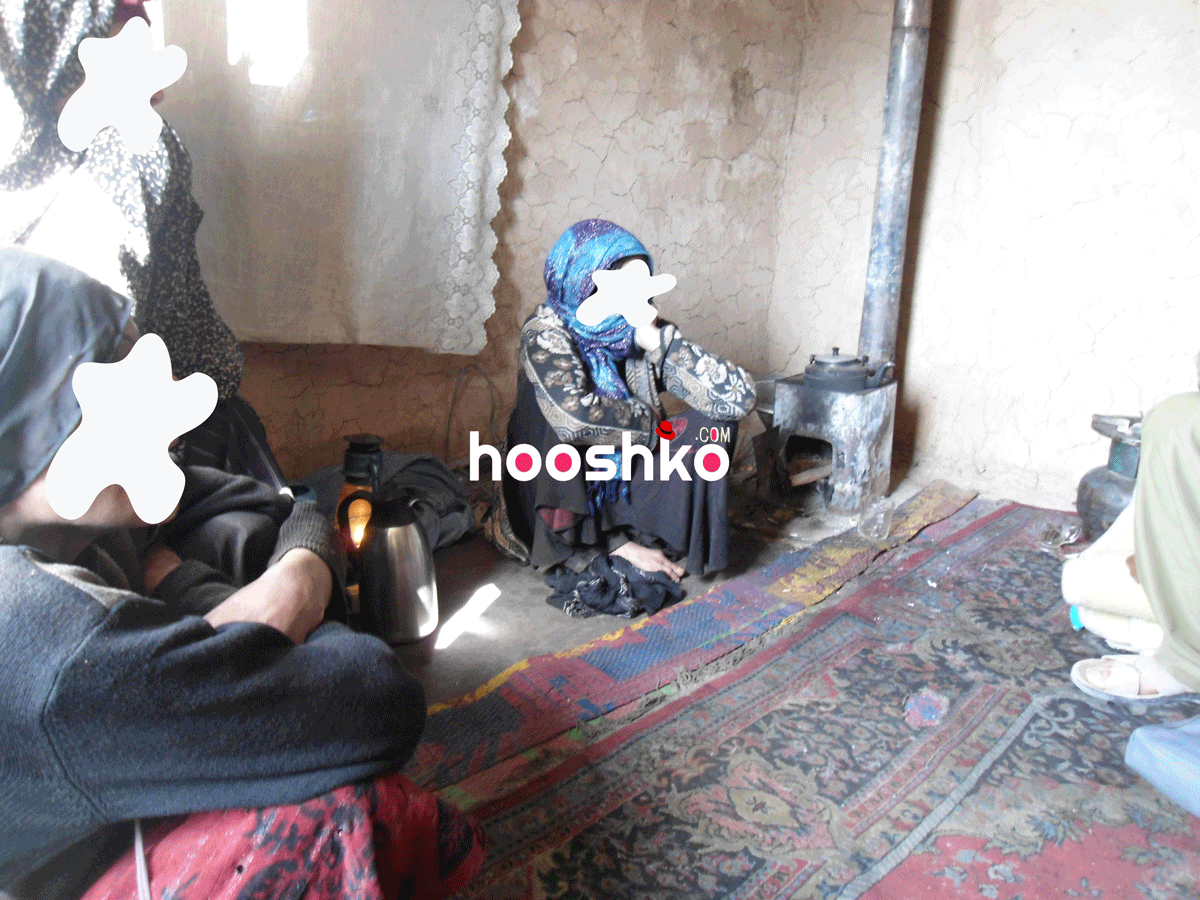
Afghanistan in the Grip of Drugs
The involvement of the United Nations Office on Drugs and Crime was crucial, but the crisis remains deep-rooted and devastating.
Read MoreOther important UNODC activities in Afghanistan include supporting women’s empowerment projects, protecting vulnerable children, and creating job opportunities for at-risk populations. With a multi-faceted approach, UNODC strives to reduce social harms caused by drugs while improving public security and health in Afghan communities.
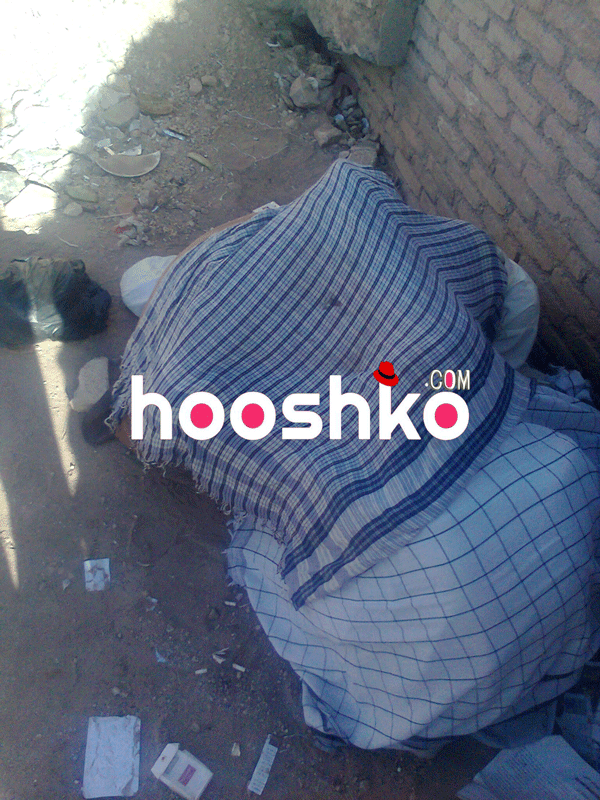
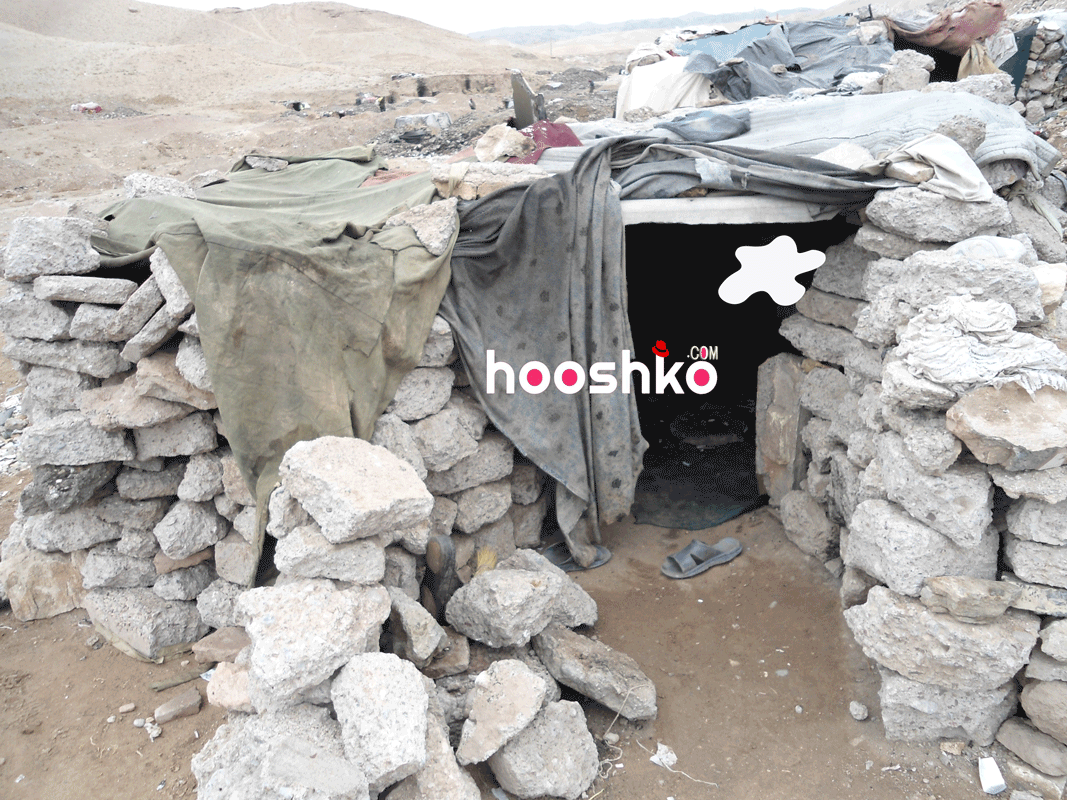
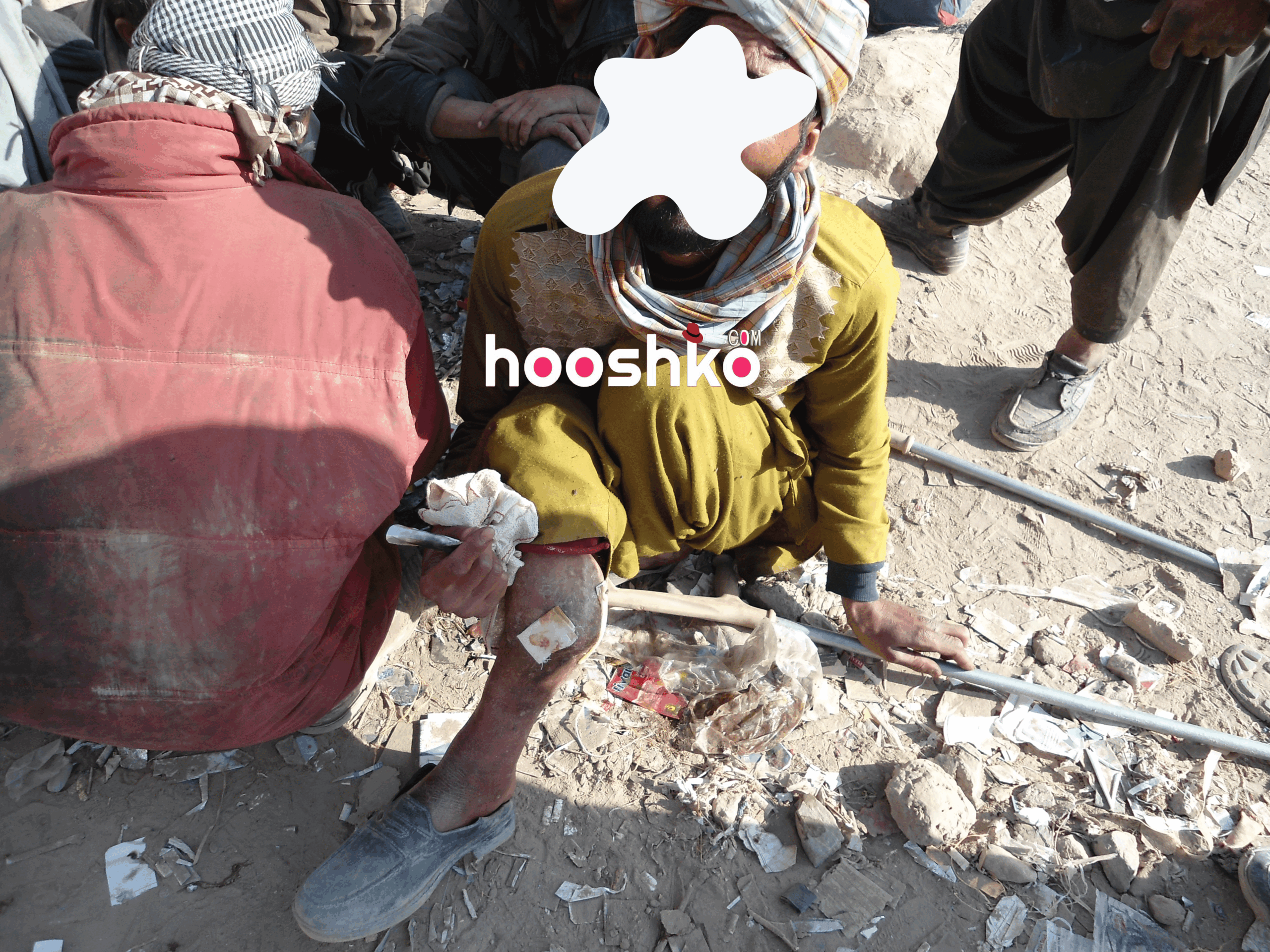
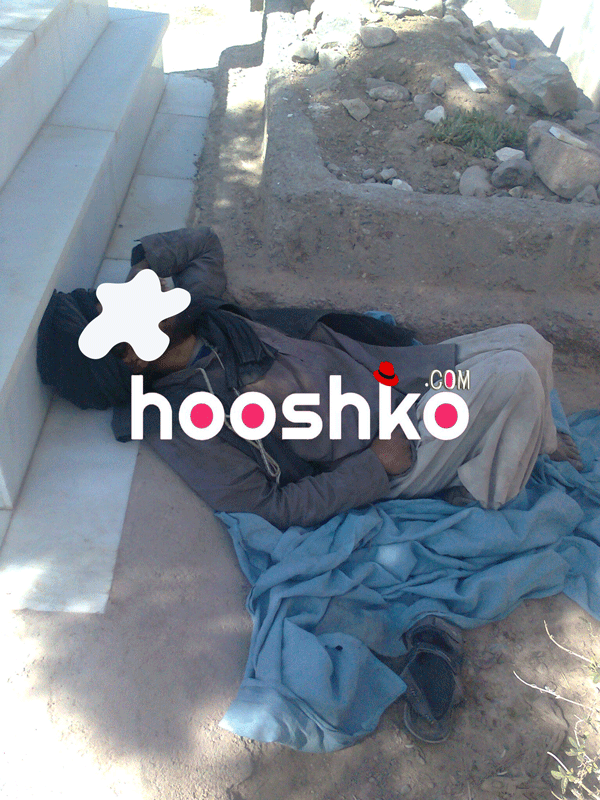
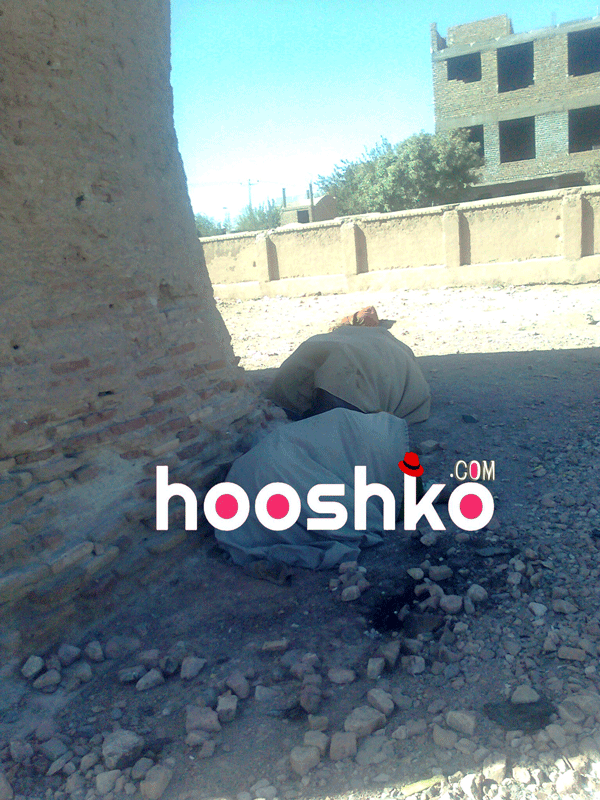
The images above depict the beginning of my journey with the UNODC office in Herat province and the KOR project. We initially started by identifying clusters of men struggling with drug addiction—men who were silently trapped on the margins of both the city and life itself. Finding these groups was a crucial first step, as it allowed us to reach their families, and ultimately, the women and children who were suffering in the shadows of addiction.
Eventually, we were able to find our patients. We managed to transfer some of them to the office for social support services.
We were working in a traditional society—one where open interaction between women and strangers was considered inappropriate, even sinful. In such an environment, talking about women’s or children’s addiction was taboo. Families were not only unwilling to accept the problem, but often reacted with anger or denial. As a result, many women and children suffered in silence, invisible and unable to seek help.
At first, even the simplest interactions with these women were impossible. They would remain silent or avoid eye contact, while male family members responded with harshness or threats. But we moved forward with respect, patience, and confidentiality. Step by step, we built trust. Our constant presence in the neighborhoods, our nonjudgmental listening, and our quiet solidarity became the key to unlocking closed doors.
We encountered women who had remained silent for years under the weight of addiction and cultural pressure, and children who had become dependent on drugs at shockingly young ages. Each case was a world of pain and untold stories. We tried to be a voice for those who had none—we connected them with treatment centers and social support, built pathways back to life, and sometimes, we were simply a hand to hold. This experience was more than a job; it became a part of my human identity.
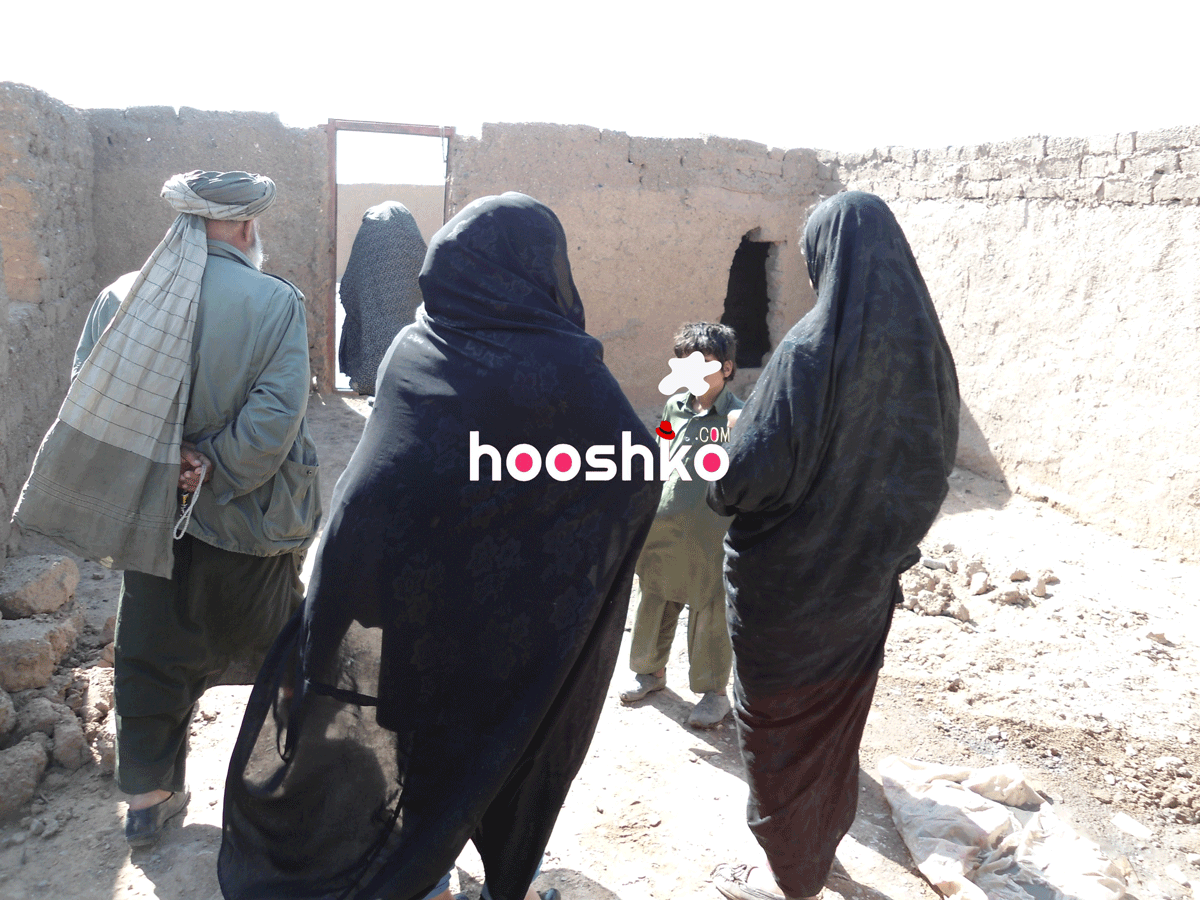
Ms. Qaderi was a kind, energetic, and dedicated young woman who worked in the field of healthcare. She had previously served at one of the hospitals in Herat.
Sadly, we have learned that Ms. Qaderi and Ms. Noori, both former members of our team, are no longer with us.
May their souls rest in peace. Their memory will always remain in our hearts.
